The Impact of Artificial Intelligence on Employment Law: Ethical and Legal Considerations
Navigating AI Technology in the Workplace and Legal Implications Explained

In today's fast-evolving workplace, artificial intelligence (AI) technology is transforming how employers hire, manage, and assess their employees. While AI offers significant benefits in terms of efficiency and objectivity, it also introduces complex ethical and legal challenges that employers must address to ensure compliance with employment laws. This blog will explore these challenges and how Mitchiner Law Firm, recognized as the best employment attorney in Denver, can help navigate these issues.
Understanding AI in Employment
AI technologies in employment range from automated resume screening and candidate assessment tools to AI-driven performance evaluations and predictive analytics. These tools promise greater efficiency and objectivity but can also raise concerns about bias, fairness, and privacy.
Ethical Implications of AI in Hiring
One of the main ethical concerns with AI in hiring is the potential for bias. AI algorithms are trained on historical data, which may contain biases that the system could inadvertently perpetuate. For example, if past hiring data favored certain demographics, the AI could continue this trend, leading to discrimination against other groups.
Legal Framework in the United States and Colorado
Federal Laws and Guidelines
Several federal laws govern the use of AI in employment, focusing on preventing discrimination:
- Title VII of the Civil Rights Act of 1964: Prohibits employment discrimination based on race, color, religion, sex, or national origin.
- Age Discrimination in Employment Act (ADEA): Protects individuals aged 40 and older from age-based employment discrimination.
- Americans with Disabilities Act (ADA): Requires employers to provide reasonable accommodations to qualified individuals with disabilities and prohibits discrimination based on disability.
These laws ensure that AI technologies used in employment do not discriminate against protected classes.
Colorado Specific Laws
Colorado has additional employment laws that align with federal guidelines:
- Colorado Anti-Discrimination Act: Prohibits employment discrimination based on age, race, creed, color, sex, sexual orientation, religion, national origin, ancestry, or disability.
- Colorado Wage Act: Regulates wage payments, minimum wage, and overtime requirements.
- Colorado Labor Peace Act: Protects employees' rights to organize and bargain collectively.
These state laws complement federal regulations to ensure AI technologies used in Colorado workplaces are fair and non-discriminatory.
Mitigating Legal Risks and Ensuring Compliance
Employers using AI technologies must take proactive steps to mitigate legal risks and ensure compliance with employment laws:
- Transparency: Clearly explain how AI technologies are used in employment decisions and ensure the decision-making process is transparent.
- Bias Testing and Monitoring: Regularly test AI algorithms for biases and implement measures to mitigate any identified biases.
- Legal Review: Conduct regular legal reviews of AI systems and practices to ensure compliance with federal and state employment laws.
The Role of Legal Counsel
Consulting with experienced employment attorneys is crucial for navigating the complex intersection of AI technology and employment law. Mitchiner Law Firm, recognized as one of the best employment lawyers in Denver, CO, offers expert legal advice and representation to ensure employers and employees understand their rights and responsibilities.
How Mitchiner Law Firm Can Help
As a leading Colorado employment law firm, Mitchiner Law Firm is dedicated to helping clients navigate the ethical and legal implications of AI in the workplace. Our team of skilled attorneys provides comprehensive legal guidance to ensure compliance with all relevant laws, protecting both employers and employees.
Contact Mitchiner Law Firm
If you have questions about the use of AI in employment or need legal assistance, contact Mitchiner Law Firm today. As the best employment attorney in Denver, we are committed to helping you navigate the complexities of employment law.
- Phone:720-538-0371
- Email: tmitchiner@mitchinerlawllc.com
- Website: www.mitchinerlawllc.com
Schedule a consultation today!
Conclusion
Artificial intelligence is transforming the workplace, but it also introduces significant ethical and legal challenges. By understanding these issues and seeking expert legal advice, employers can harness the benefits of AI while ensuring compliance with employment laws. Mitchiner Law Firm is here to help you navigate these complexities and protect your rights.
FAQs
- What are the main legal concerns with using AI in hiring?
- The main legal concerns include potential bias, discrimination, and lack of transparency in the decision-making process. Federal and state laws require that AI technologies do not discriminate against protected classes.
- How can employers ensure their use of AI complies with employment laws?
- Employers should conduct regular bias testing, maintain transparency in AI decision-making, and seek legal advice to ensure compliance with federal and state employment laws.
- What should employees do if they believe AI has been used to discriminate against them?
- Employees should document their concerns and consult with an experienced employment attorney, such as those at Mitchiner Law Firm, to explore their legal options.
- Can AI be used in performance evaluations without legal risks?
- AI can be used in performance evaluations, but employers must ensure that the AI systems are free from bias and comply with all relevant employment laws.
- How can Mitchiner Law Firm assist with AI-related employment issues?
- Mitchiner Law Firm provides expert legal guidance on the ethical and legal implications of AI in employment, helping both employers and employees navigate these complex issues.












